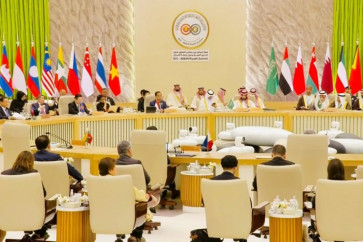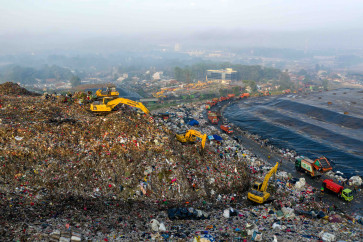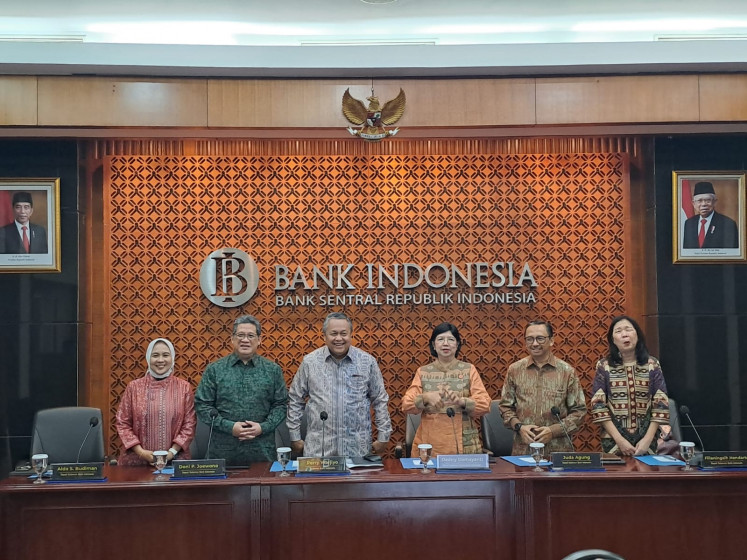Wanted: Private sector to electrify remote villages
Change Size
 Maintenance – A worker carries out a routine panel inspection at the 150 KV Mampang Dua electrical relay station in Jakarta on Sept.29. (Antara/Widodo S. Jusuf)
Maintenance – A worker carries out a routine panel inspection at the 150 KV Mampang Dua electrical relay station in Jakarta on Sept.29. (Antara/Widodo S. Jusuf)
T
he government is preparing a new regulation that it hopes will attract the private sector to light up remote villages that state-owned electricity company PLN has yet to touch.
Energy and Mineral Resources Minister Ignasius Jonan said that the ministry was currently drafting a regulation that would allow private companies to set up electrical grids in these remote villages and sell the electricity straight to the residents without having to go through PLN.
“So, the private sector will be allowed to do this. We cannot just rely on PLN’s abilities,” he said recently.
Although Indonesia recorded an electrification ratio of 88 percent last December, electrification was still centered in Java, while the eastern regions have remained in the dark.
The lack of electricity in the regions has been mostly blamed on poor infrastructure, which contributes to high transportation costs.
Energy and Mineral Resources Ministry electricity director general Jarman said that even though the privately-owned grids were separate from PLN’s, they might eventually be interconnected in the future once PLN found economically feasible ways to do so.
Jarman said the government would still control the prices the private companies offered to locals to ensure that they would remain on par with or cheaper than those offered by PLN.
Furthermore, residents that are eligible to receive subsidized electricity of 450 or 900 watts will still be able to receive it through the private grids, as required of the government by the Energy Law.
Although no concrete regulations have been introduced yet, the ministry hopes that it will help procure electricity for around 2,500 villages across the nation, 2,376 of which are located in Papua and West Papua.
Papua’s electrification ratio currently stands at 45.93 percent only, while West Papua’s is at 82.7 percent.
Private investors looking to build the electricity grids will be asked to focus on developing grids that procure electricity from renewable energy sources, making the grids’ capacity mostly small-scale.
The ministry has previously said a total investment of Rp 156.02 billion (US$11.64 million) and annual operating fees of Rp 191.9 billion would be needed to develop electricity in Papua and West Papua.
Meanwhile, PLN president director Sofyan Basir said that the company had not been involved in any meetings on the formulation of the regulation. He said he doubted private investors would seriously consider setting up shop in the villages as the construction costs would be high.
“PLN spends around Rp 3,500 to Rp 4,000 per kilowatt hour [kWh], but only sells the electricity to the people for around Rp 400 [per kWh] because they are poor. Do you think the private sector would want to do something similar? They wouldn’t be able to handle it, only those who are able to cross subsidy can,” he said.
Institute for Essential Services Reform (IESR) executive director Fabby Tumiwa said that it was unlikely that the private companies would be able to sell their electricity for cheaper than what PLN was already selling in the region because of the lack of infrastructure and high transportation costs. He called on the government to make sure that they know how much locals can actually afford to pay due to their non-cash wealth.
“This means that the investors have a much higher risk, so they will definitely be calculating every detail. The government will have to somehow ensure that the investors will get a return from their electricity sales in the region,” he said.









